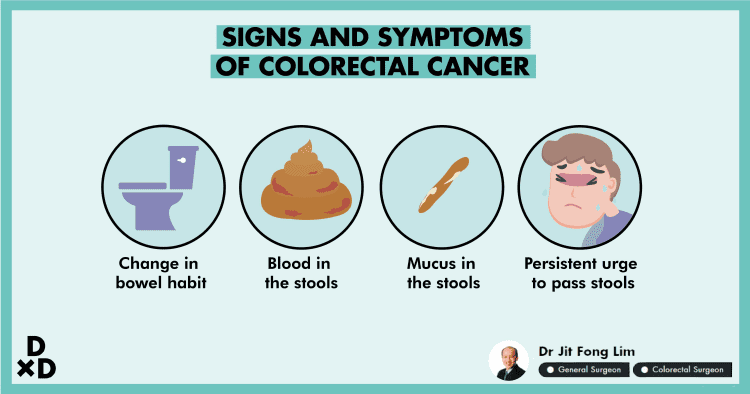Are you giving up on your diet and your workout? Then you might want to consider a gastric bypass.
Gastric bypass and other weight-loss procedures – commonly known as bariatric surgery – require changing the digestive system to help you lose weight [1]. This procedure is performed if your diet and exercise have not succeeded or if you have severe health issues due to your weight. Are you considering this surgery? Here are 5 facts about gastric bypass surgery:
1. Recovery time is remarkably fast.
After bariatric surgery, patients spend an average of 2 to 5 days in the hospital. If some complications develop, you will need to stay longer. However, patients having laparoscopic bariatric surgery are usually hospitalized for a shorter time.
After surgery, your nurses will supervise you closely. Along with daily checking of your vital signs, blood pressure, heartbeat, temperature, and respiration, the nurses will support and assist you with exercises on deep breathing, coughing, leg movement, and getting out of bed. These can help to avoid complications.
2. Major cuts? No thanks
Gastric Bypass Surgery involves 3 to 5 incisions that are 1/2 to 1 inch long.
Knowing that the surgical wounds vary from one patient to another is also significant. Although some patients may end up with fine and less visible scars, some may have hypertrophic (raised) and awful wounds.
Considerations such as surgeon abilities, type and size of suture products, the patient's genetic characteristics like keloid formers, and wound infection can also influence the scar's final appearance.
3. Surgery reduces long-term mortality
A study said that bariatric surgery reduces long-term mortality in morbidly obese patients [2]. In this study, the risk of developing cancer, cardiovascular disease, endocrinological disorders, infectious diseases, musculoskeletal disorders and respiratory problems was substantially decreased for patients undergoing bariatric surgery.
4. Excess skin
Your weight loss may be good on the scale, but you may not like what you see in the mirror. Excess skin is a problem for bariatric patients. To others, loose-skin visibility is almost as bad (or worse) than the unhealthy weight. Solutions to reduce excess skin include working out and various procedures such as:
- Lower-body lift (belly buttocks, hips, and thighs)
- Upper-body lift (breast and back)
- Brachioplasty (upper arms)
- Medial thigh lift (inner and outer thighs)
5. Surgery Lowers Cancer Risk

Bariatric surgery is associated with a reduction in the total incidence of cancer, with a significant decrease in the incidence of cancers related to obesity and breast cancer [3]. Obesity cancers, such as:
- Postmenopausal breast cancer
- Endometrial cancer
- Colon cancer
Also read: The Ultimate Guide to Effectively Losing Weight in Singapore (2021)
Dr Kan graduated from Manchester University Medical school and went on to obtain further qualifications from Addenbrookes Hospital. Thereafter, he pursued post-graduate senior surgical fellowships at world-renowned centres - National Cancer Centre and the Cancer Institute (Tokyo, Japan), Prince of Wales Chinese University Hospital (Hong Kong) and Princess Alexandra Hospital (Brisbane, Australia). These fellowships have trained him to be well-versed with thoracoscopic resections for oesophageal and gastric cancers and MIS for the benign oesophageal disease. Minimally invasive/ keyhole surgery is a highly complex surgery, and Dr Kan is one of a few surgeons in Asia who can successfully treat stomach and oesophageal cancer using this method.











